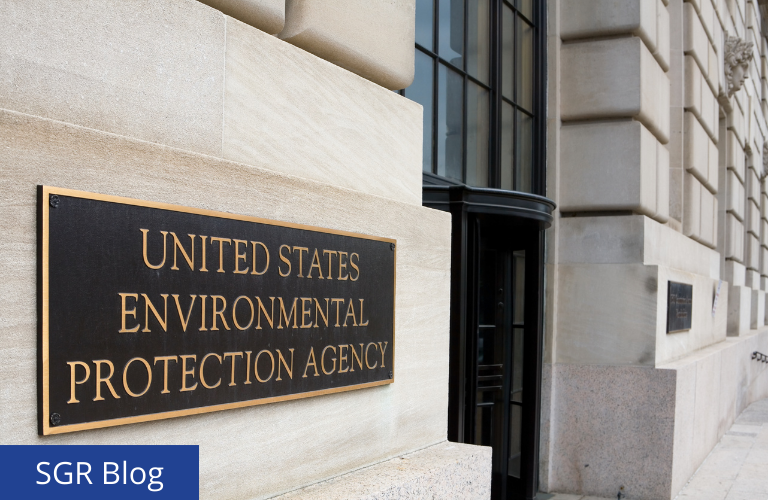
On July 21, the EPA finalized a rule barring “affirmative defense” emission waivers for “emergency” scenarios under Clean Air Act (“CAA”) Title V Permits. The proposed rule would remove an enforcement defense that allowed facilities to avoid liability for permit violations occurring during qualified emergency circumstances such as unavoidable emission control device malfunctions, or emergency start-up or shutdowns. Under the previous waiver provisions, industry permit holders were shielded from civil liability during a malfunction or other emergency that resulted in excess releases of air pollution. The proposed rule will require states to amend their State Implementation Plans (“SIPs”) to eliminate… Read more



